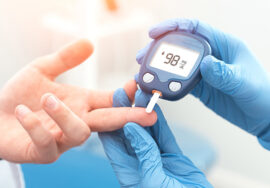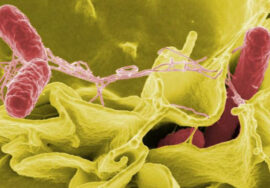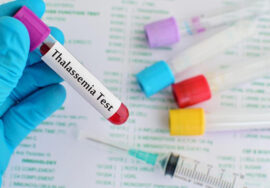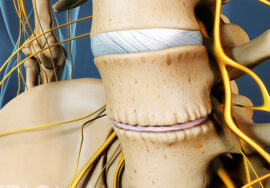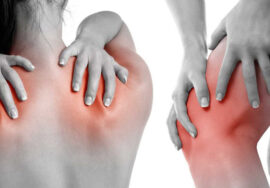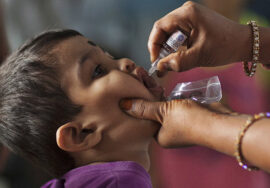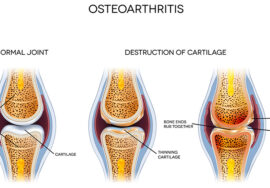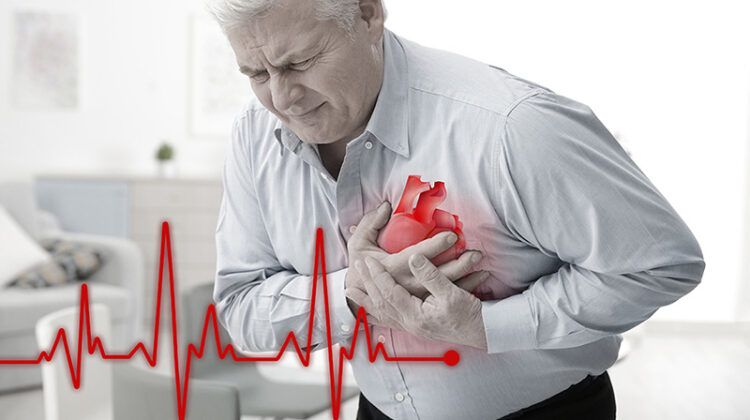
What is Tachycardia?
Tachycardia (tak-ih-KAHR-dee-uh) is the medical term for a heart rate over 100 beats a minute. Many types of irregular heart rhythms (arrhythmias) can cause tachycardia.
A fast heart rate isn’t always a concern. For instance, the heart rate typically rises during exercise or as a response to stress.
Tachycardia may not cause any symptoms or complications. But if left untreated, some forms of tachycardia can lead to serious health problems, including heart failure, stroke or sudden cardiac death.
Treatment for tachycardia may include specific maneuvers, medication, cardioversion or surgery to control a rapid heartbeat.
Symptoms
In general, tachycardia may lead to the following signs and symptoms:
- Sensation of a racing, pounding heartbeat or flopping in the chest (palpitations)
- Chest pain
- Fainting (syncope)
- Lightheadedness
- Rapid pulse rate
- Shortness of breath
When to See A Doctor
A number of things can cause a rapid heart rate (tachycardia). If you feel like your heart is beating too fast, make an appointment to see a health care provider.
Seek immediate medical help if you have shortness of breath, weakness, dizziness, lightheadedness, fainting or near fainting, and chest pain or discomfort.
Causes
Things that may lead to tachycardia include:
- Fever
- Heavy alcohol use or alcohol withdrawal
- High levels of caffeine
- High or low blood pressure
- Imbalance of substances in the blood called electrolytes — such as potassium, sodium, calcium and magnesium
- Medication side effects
- Overactive thyroid (hyperthyroidism)
- Reduced volume of red blood cells (anemia), often caused by bleeding
- Smoking
- Use of illegal drugs, including stimulants such as cocaine or methamphetamine
Sometimes the exact cause of tachycardia can’t be determined.
Risk Factors
In general, growing older or having a family history of certain heart rhythm problems (arrhythmias) may increase the risk of arrhythmias that commonly cause tachycardia.
Lifestyle changes or medical treatment for related heart or other health conditions may decrease the risk of tachycardia.
Complications
Complications of tachycardia depend on:
- The type of tachycardia
- How fast the heart is beating
- How long the rapid heart rate lasts
- If there are other heart conditions
Other potential complications of tachycardia include:
- Frequent fainting or unconsciousness
- Inability of the heart to pump enough blood (heart failure)
- Sudden death, usually only associated with ventricular tachycardia or ventricular fibrillation
Prevention
- Eat a healthy diet
- Exercise regularly
- Maintain a healthy weight
- Keep blood pressure and cholesterol levels under control
- Stop smoking
- Drink in moderation
- Don't use illegal drugs or stimulants, such as cocaine
- Use medications with caution
- Limit caffeine
- Manage stress
- Go to scheduled checkups




